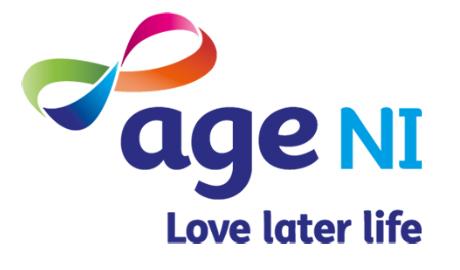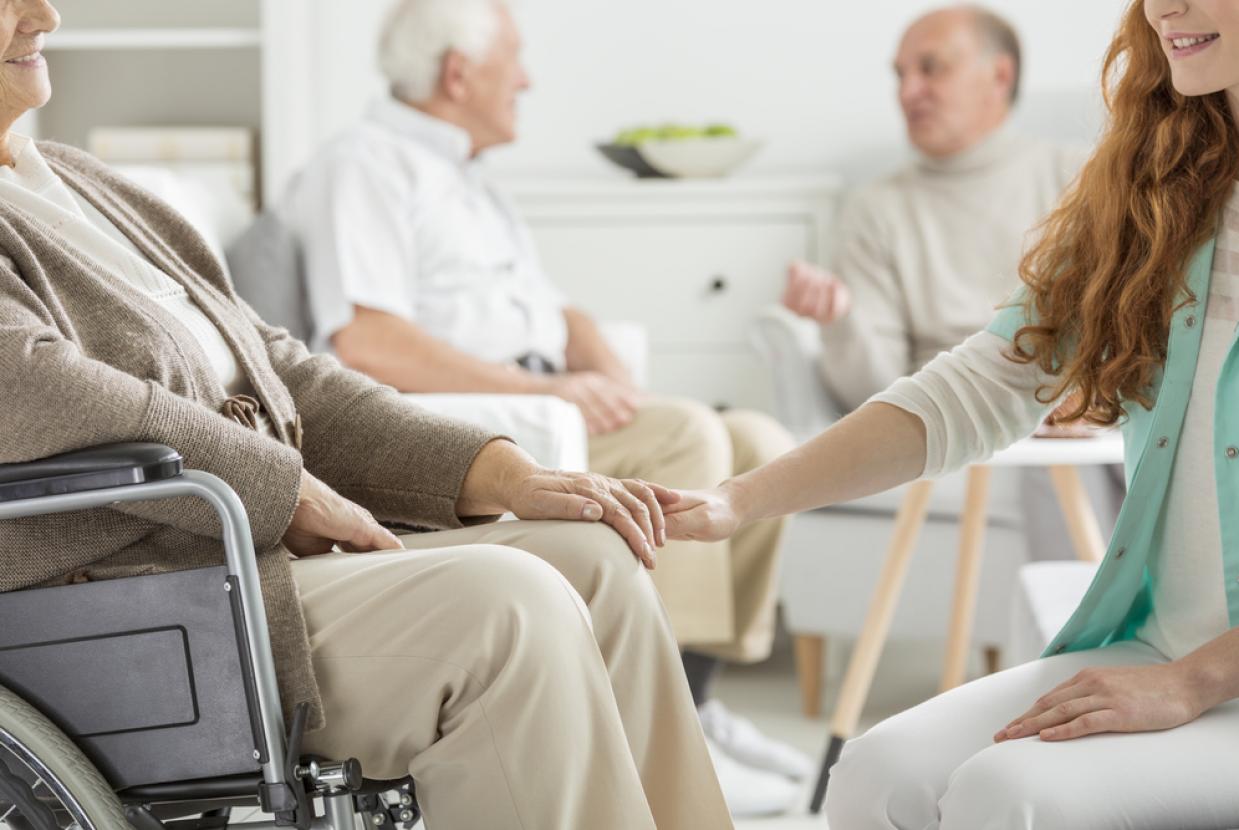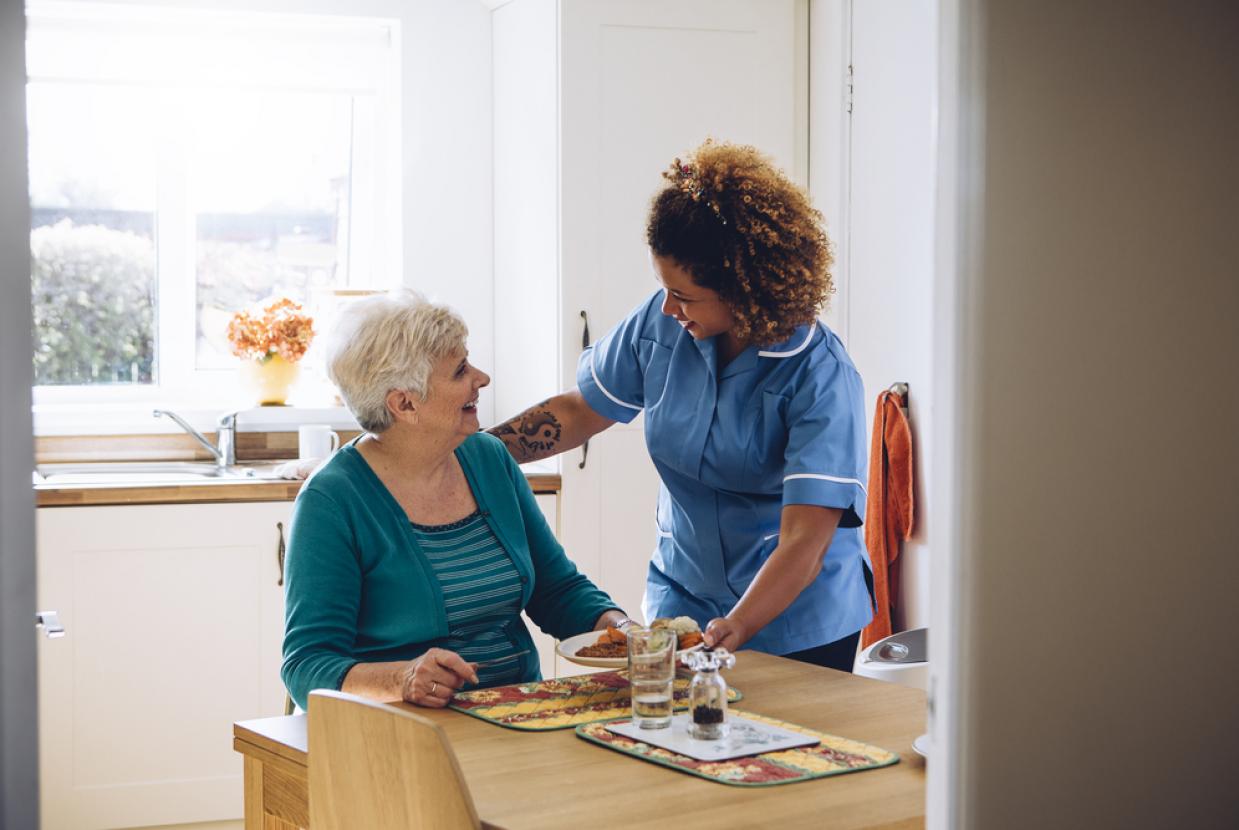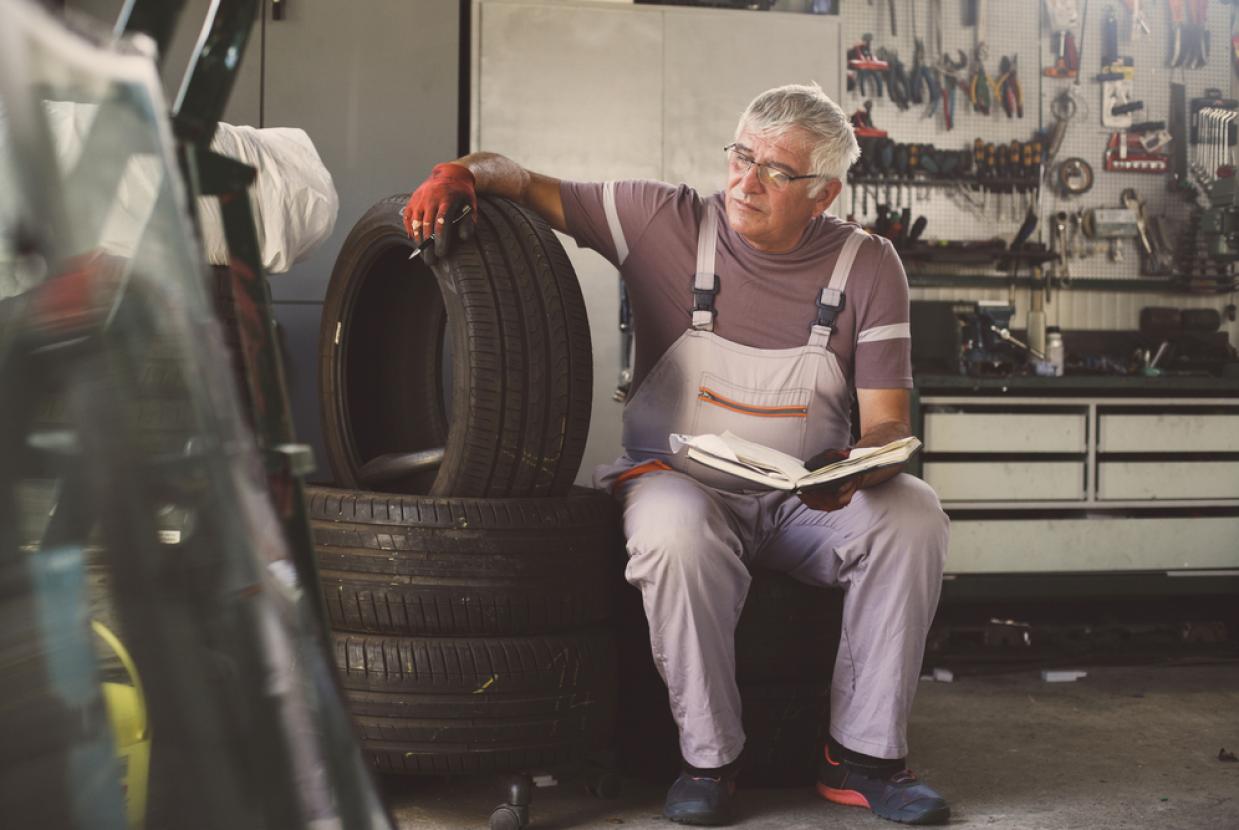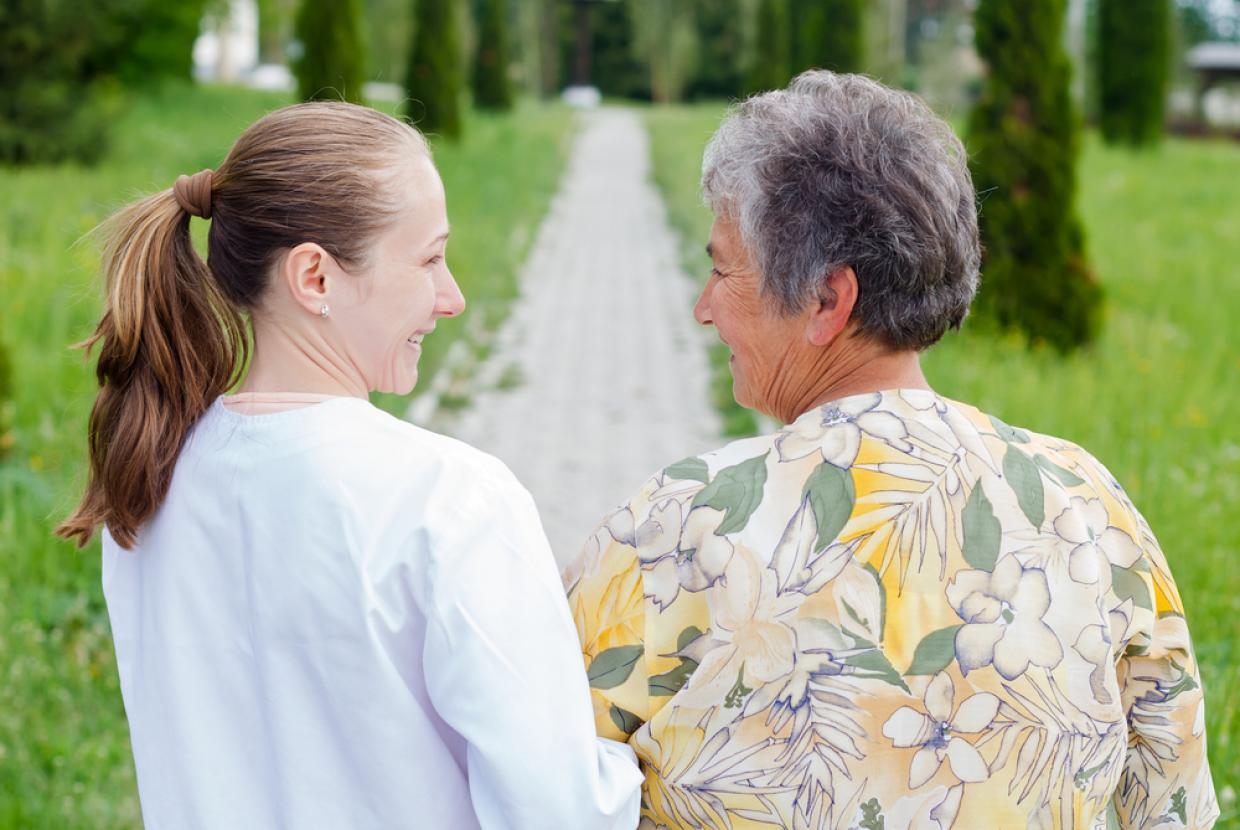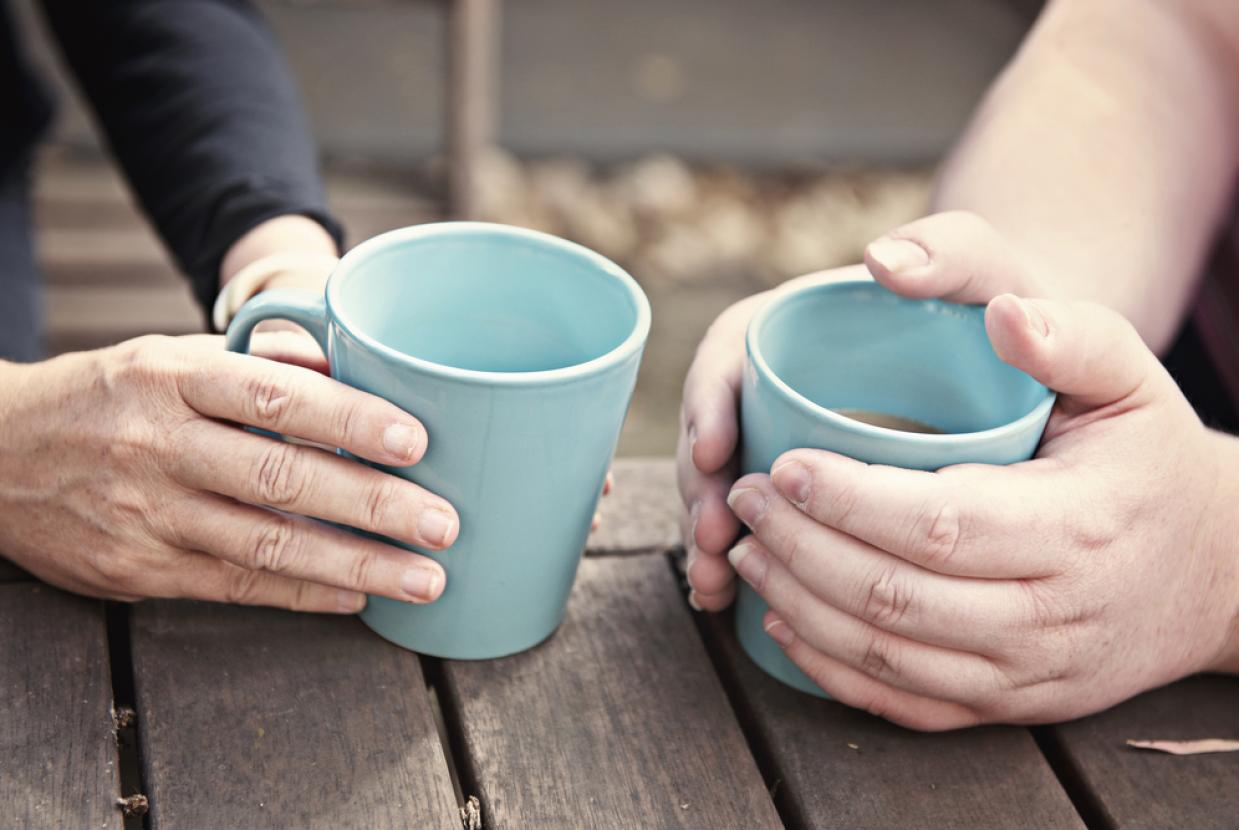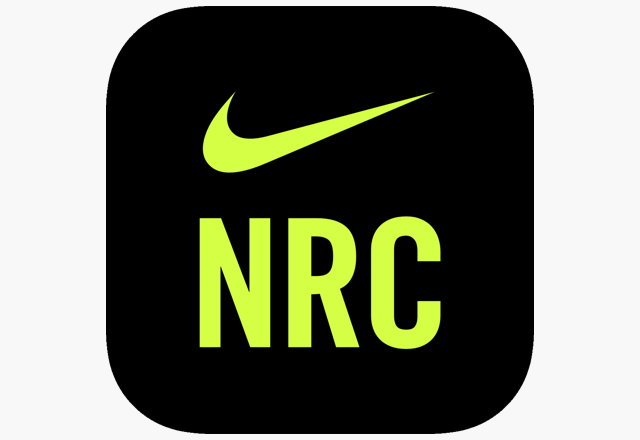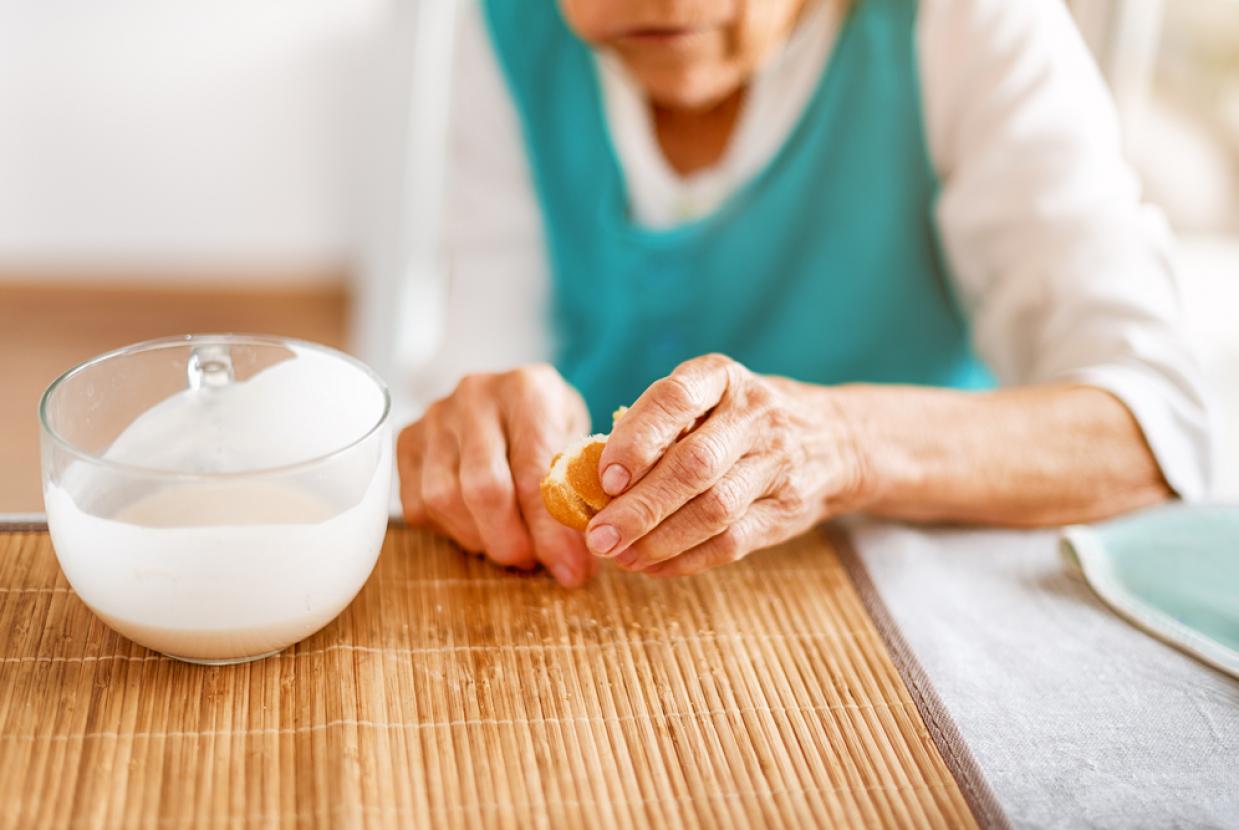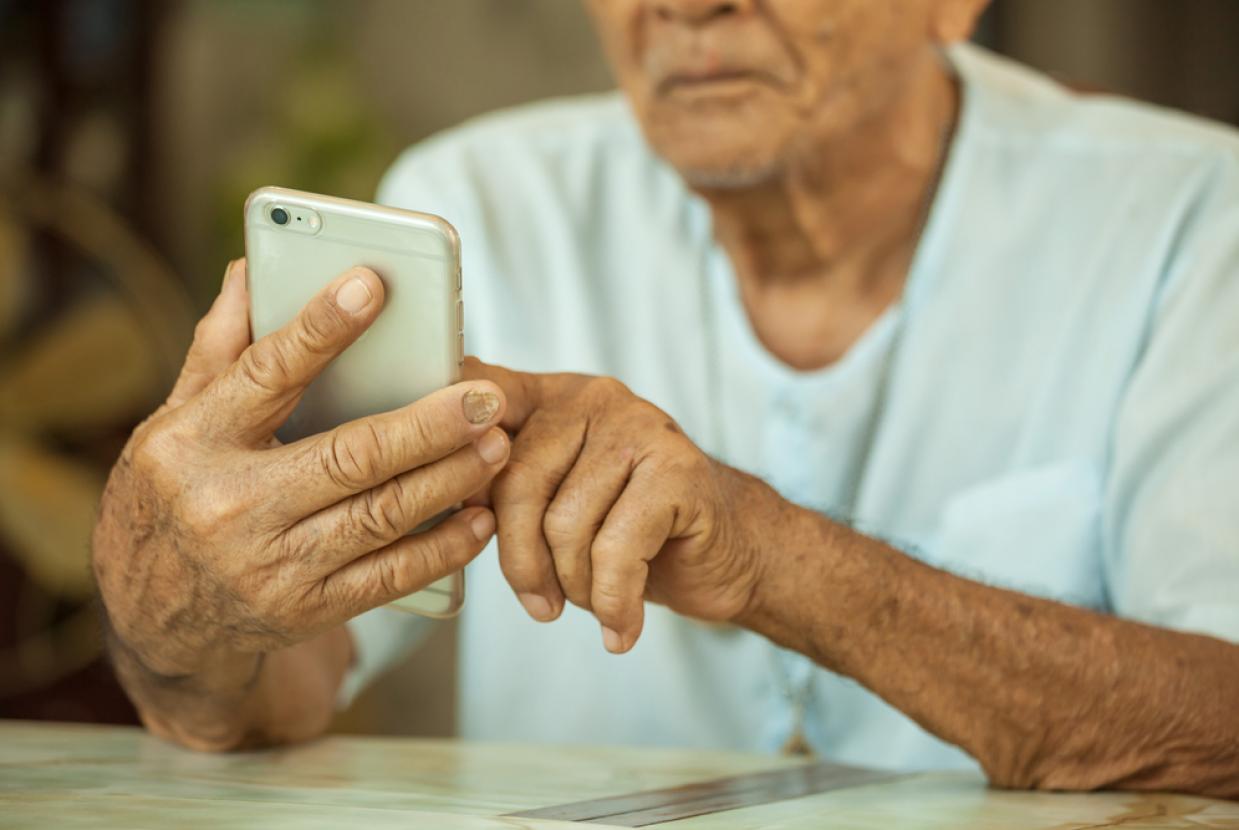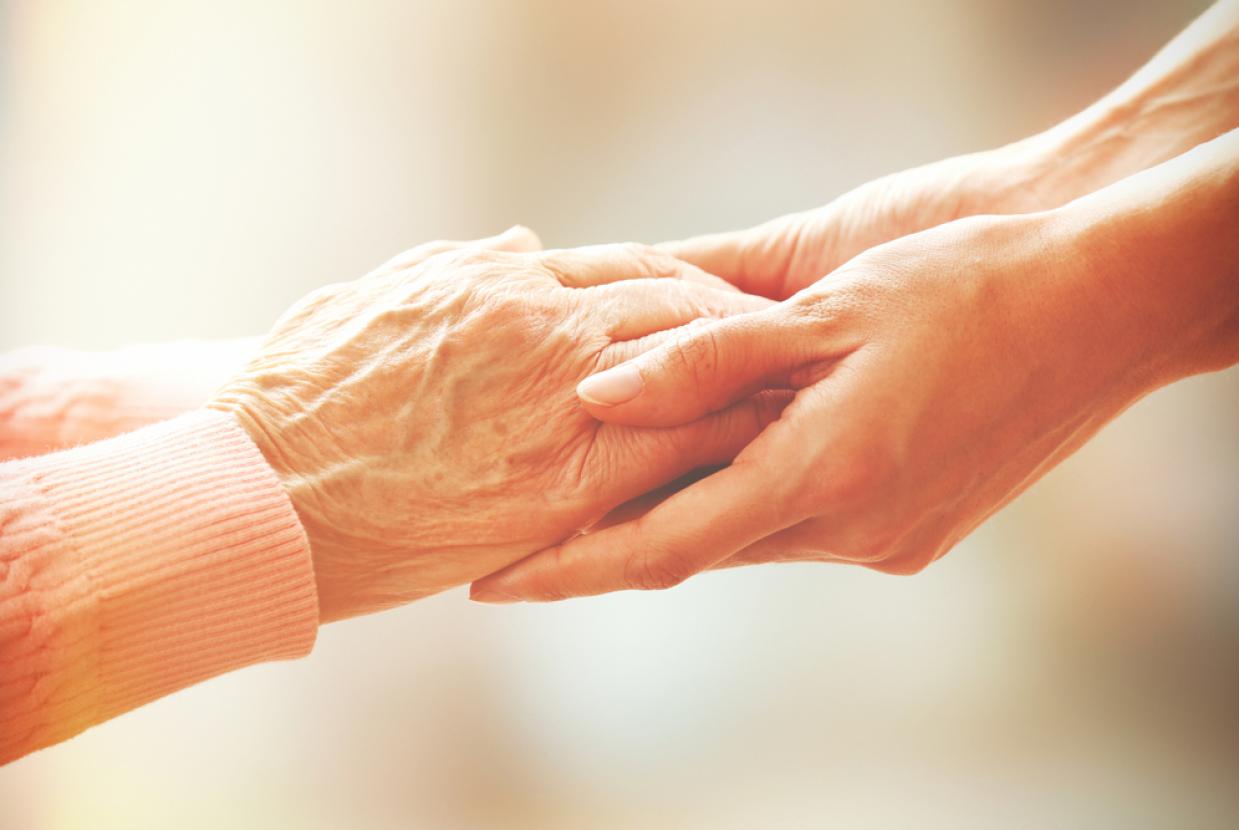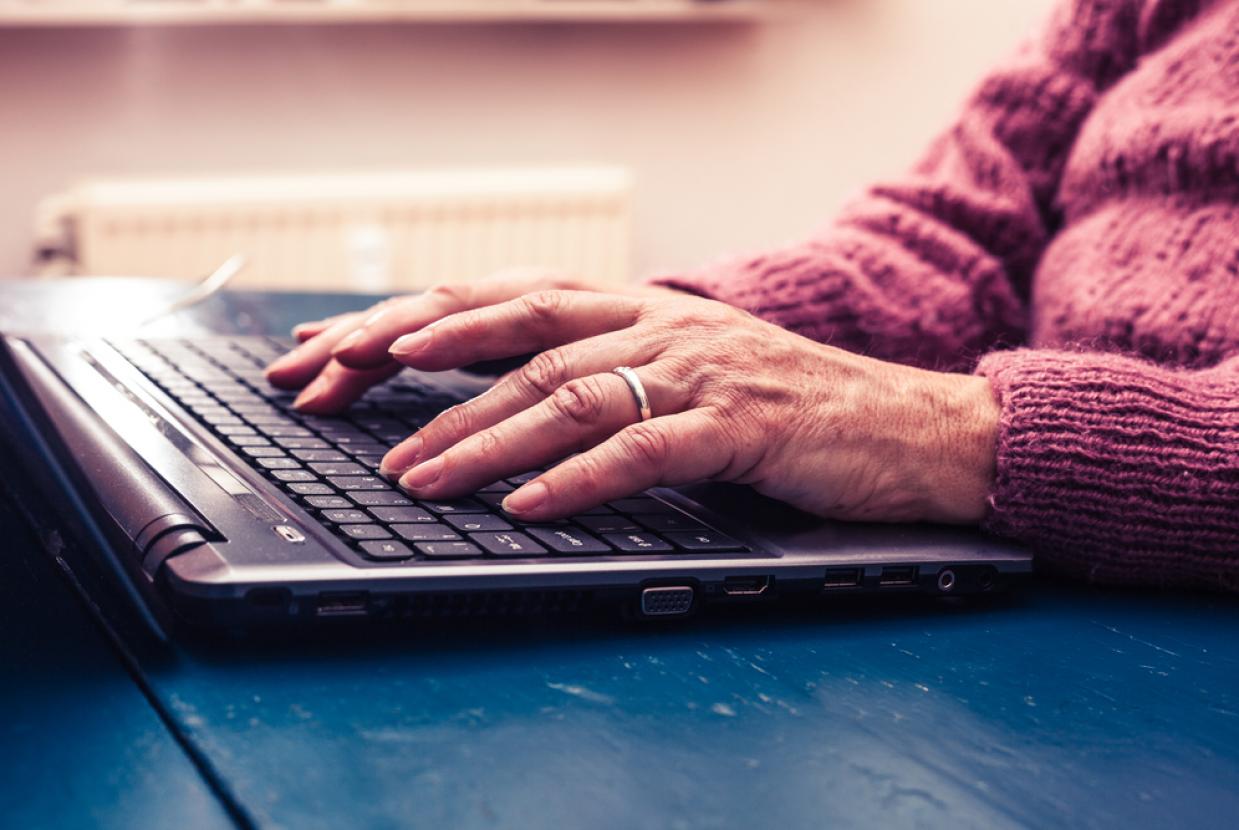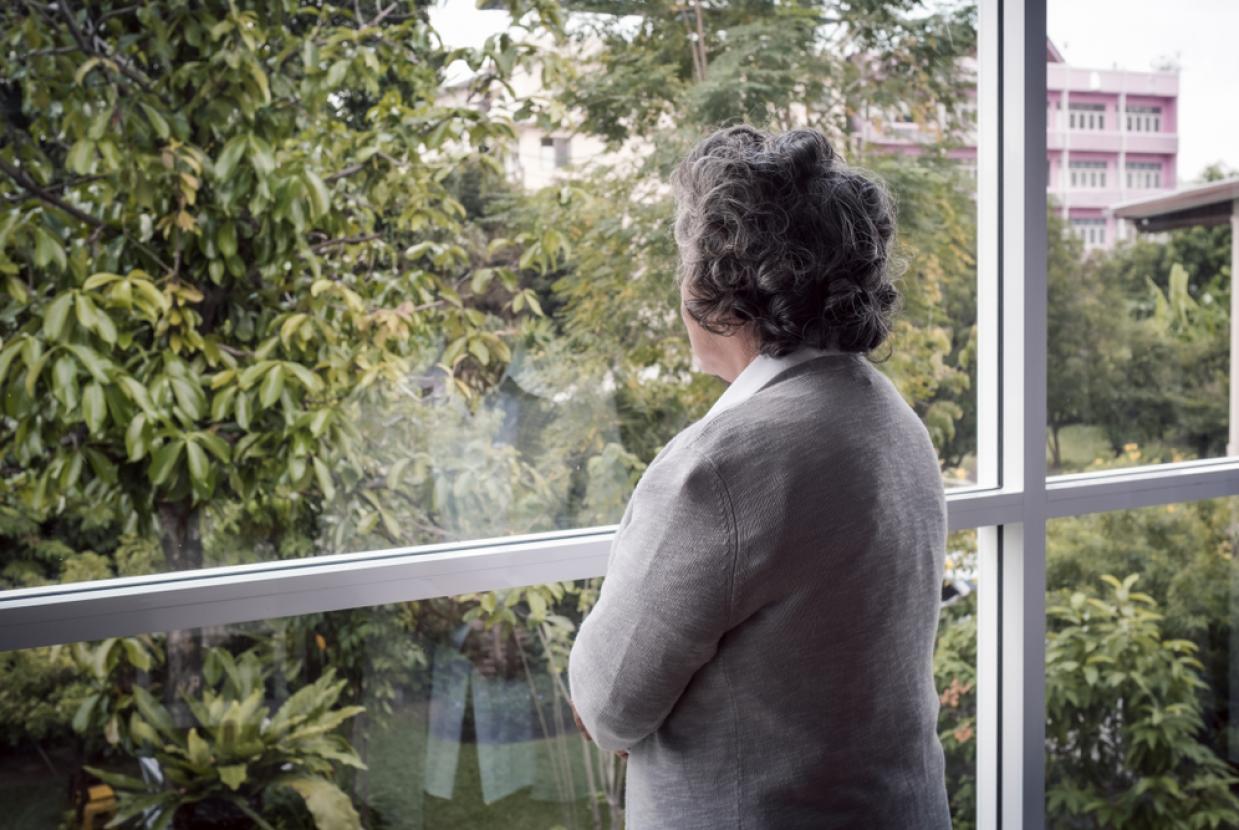Helping A Loved One
AgeNI
Although caring for an older person can be rewarding, it can sometimes be tough too. You may not even think of yourself as a carer or be aware of the many sources of emotional, practical and financial support that are available to you. We cover the main things to help lighten the load a little.
Advice for carers
- Worried about money - Caring for someone can lead to money worries, especially if your caring role means you have to give up work.
- Can you get help from social services? - If you’re finding caring difficult, a little extra help could make a lot of difference.
- Looking after yourself - If you’re a full-time carer or spend a lot of time caring for someone, it's important to make time for yourself too.
- Juggling work and care - It may help to know about your rights at work and think about what could help you with managing your work and your caring role.
- When your caring role changes - If you’re caring for someone and their needs increase, or they move into a care home, or they die, it can be a difficult time.
- Caring for someone with dementia - Looking after a friend or relative who has dementia is often very challenging.
For more information on caring for a loved one, and caring for yourself, click here.



